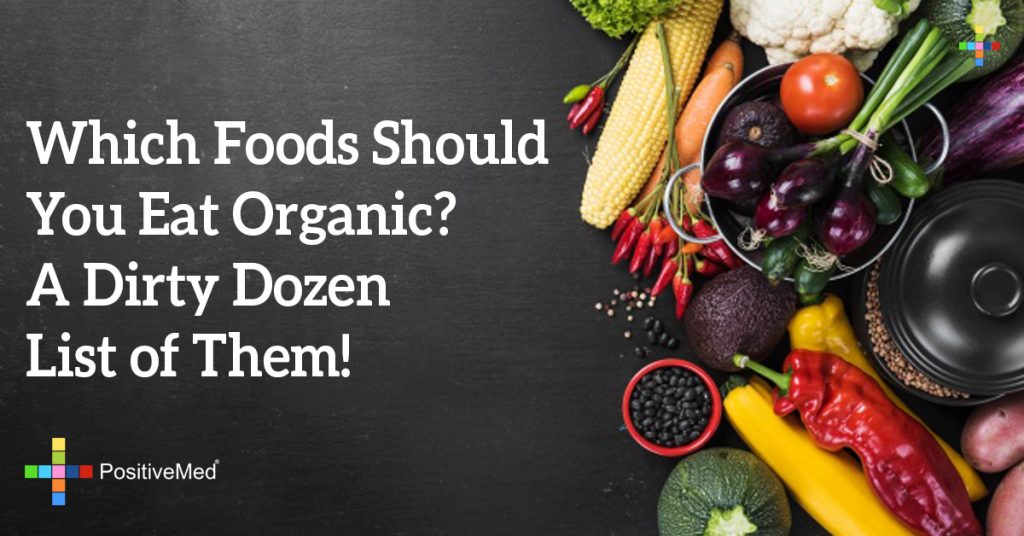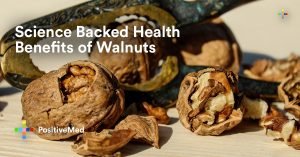
Which Foods Should You Eat Organic? A Dirty Dozen List of Them!
Many individuals who want to improve their nutritional regime will wonder if they should be buying organic produce. While some people prefer to purchase all organic, others will pick and choose the organic items that they buy. The “dirty dozen” and “clean 15” lists were created by the Environmental Working Group (EWG) to help consumers shop smarter. Sadly, not all fruits and vegetables are created equal; some are more susceptible to contamination than others. Because of this, these lists can be an essential tool when purchasing fruits and vegetables.
Now, you may be wondering what the difference is between organic and conventional produce and that’s a great question. Predominantly, organic produce differs from conventional produce because it is not sprayed with pesticides and chemicals. Organic produce is expected to be grown in accordance with the laws of nature, without the use of sprays or treatments and not grown from genetically modified seeds. This is significant because the pesticides that are used to treat crops have been proven to be extremely toxic to the body. The following list is the most highly treated fruits and vegetables. Whenever possible, buy these items organic or grow them yourself!
RELATED ARTICLE: Organic food ( The meaning of organic )
The Dirty Dozen
• celery
• peaches
• strawberries
• apples
• domestic blueberries
• nectarines
• sweet bell peppers
• spinach, kale and collard greens
• cherries
• potatoes
• imported grapes
• lettuce
Now, let’s move on to the “clean 15” list. These are the fruits and vegetables that you can eat conventionally because they are not as highly sprayed with pesticides. When tested, these fruits and vegetables bore little to no traces of chemicals and are safe to consume non-organically.
The Clean 15
• onions
• avocados
• sweet corn
• pineapples
• mango
• sweet peas
• asparagus
• kiwi fruit
• cabbage
• eggplant
• cantaloupe
• watermelon
• grapefruit
• sweet potatoes
• sweet onions
RELATED ARTICLE: How to Save Money on Natural and Organic Food and Products Part 1
A good rule of thumb when it comes to determining if a food would be safe is if you can peel the skin of the fruit or vegetable. If you can peel the skin, they are safer to eat. For example, bananas, oranges and mangos will be safer to eat because you do not have to eat the skin. There is a possibility that the pesticides were grown into the fruit or vegetable by being put into the soil. However, you are consuming fewer pesticides if you peel the skin. For fruits and vegetables which you cannot peel, such as berries, peaches and all types of greens, try to buy these organic whenever possible. The lists above can help you decide which items are best bought organically to help you make the best decisions for your health.





